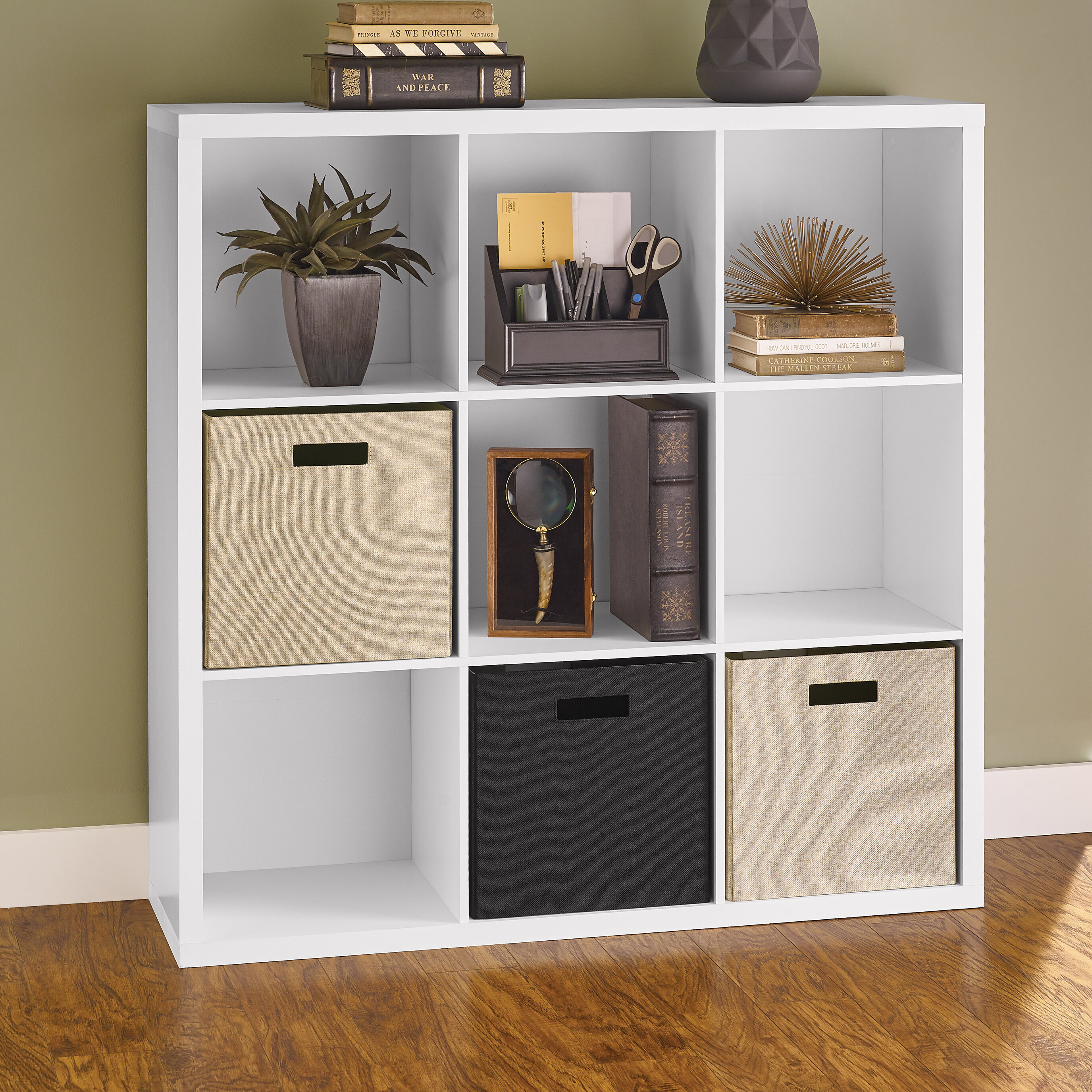Welcome to a world where storage meets style! As someone who has navigated the complexities of home organization, I’ve discovered that decorative shelf storage is not just functional—it’s a way to express your personality and enhance your living space. In this article, we’ll explore various aspects of decorative shelf storage, from design ideas to practical applications, making your home both organized and aesthetically pleasing.
What is Decorative Shelf Storage?
Decorative shelf storage combines aesthetics with functionality, allowing you to display items while keeping your space organized. Unlike traditional storage solutions, decorative shelving serves both purposes—it holds items and acts as a decorative element in your home.
Imagine showcasing your beloved books, favorite decor pieces, or even plants in a way that draws attention, rather than just hiding things away. That’s the essence of decorative shelf storage!
Benefits of Decorative Shelf Storage
Understanding the benefits of decorative shelf storage can help you make the most of your space. Here are some key advantages:
- Enhanced Aesthetics: Decorative shelves can transform a plain room into a stylish one.
- Increased Functionality: They provide additional storage solutions without compromising on style.
- Personal Expression: Customizing your shelves allows you to showcase your personality and taste.
- Space Optimization: They make use of vertical space, an often-underutilized area in homes.
Types of Decorative Shelf Storage
When it comes to decorative shelf storage, options are plentiful! Let’s dive deeper into the various types available and how they fit different styles and needs.
Wall-Mounted Shelves
Wall-mounted shelves are perfect for saving floor space while creating an eye-catching feature on your walls. They come in various styles, including:
- Floating Shelves: These shelves appear to “float” on the wall, offering a contemporary look.
- Bracket Shelves: Shelves supported by brackets add a rustic charm and are often made of wood or metal.
Corner Shelves
These shelves utilize often-neglected corner spaces to provide extra storage while adding character to the room. Perfect for plants or small books, corner shelves come in various designs to suit your decor.

Bookshelves
Bookshelves offer more than just storage for books. They can be styled with decorative boxes, plants, and art pieces, contributing to your room’s overall aesthetic.
Display Cases
Display cases can protect and showcase your valuable collectibles or cherished items. They are available in glass or acrylic, keeping dust away while allowing visibility.

Choosing the Right Decorative Shelf Storage
Here’s the part where personal experience comes in. When I was redesigning my home office, I realized how crucial it was to choose the right decorative shelf storage. Not only did I want it to look good, but it also needed to meet my storage needs.
Here are some tips I learned along the way:
Assess Your Needs
Before purchasing any shelf, consider what items you intend to store. Are they books, decor, or maybe plants? This will help determine the type and size of shelving you need.

Measure Your Space
Once you know your needs, measuring your wall space is essential. Make sure to choose shelves that fit your area without overwhelming it.
Style and Material
Consider the style of your home. Rustic wooden shelves may suit a farmhouse aesthetic, while sleek metal shelves might fit a modern design. Choose materials that resonate with your personal taste.

Styling Your Decorative Shelf Storage
Now that you have your shelves, let’s talk about how to style them effectively. Here are some techniques I’ve found useful:
Layering
Layering various heights and depths adds visual interest to your shelves. Place smaller items in front of larger ones and mix different sizes to avoid a flat look.

Color Coordination
Using a cohesive color palette can elevate your shelf’s appearance. Consider using books, decor, and plants that blend seamlessly with your room’s color scheme.
Mixing Textures
Incorporate different materials—like glass, wood, and metal—to create a dynamic look. This adds depth and sophistication to your shelf styling.

Personal Touches
Finally, include items that reflect your personality and experiences. Travel souvenirs, family photos, or artwork can tell your unique story.
Comparison of Popular Decorative Shelf Products
| Product | Material | Style | Price Range |
|---|---|---|---|
| Floating Shelves | Wood/Metal | Modern/Rustic | $$ |
| Corner Shelves | Wood/Glass | Contemporary | $$ |
| Open Bookshelves | Wood | Traditional/Modern | $$$ |
| Display Cases | Glass/Wood | Elegant | $$$$ |
Consider these options carefully based on your style and space before making a purchase.
Pros and Cons of Decorative Shelf Storage
Pros
- Enhances interior design.
- Provides versatile storage options.
- Encourages creativity in styling.
- Maximizes vertical space usage.
Cons
- Can require regular cleaning to maintain appearance.
- Over-styling may result in cluttered look.
- Some designs can be pricey.
- Heavy items may require more durable shelves.
FAQs About Decorative Shelf Storage
1. What items should I avoid placing on decorative shelves?
Avoid placing overly heavy or bulky items that can unbalance the shelf or cause damage. Items that are overly decorative or don’t match your style can also detract from the overall aesthetic.
2. How can I keep my decorative shelves organized?
Regularly assess the items on your shelves and declutter when necessary. Use containers or baskets to group similar items together and keep things tidy.
3. Can decorative shelf storage work in small spaces?
Absolutely! Wall-mounted shelves or corner shelves are great for small spaces, allowing you to maximize vertical storage without crowding the area.
4. How do I style shelves in a way that doesn’t look cluttered?
Balance is key. Allow for some empty space, use varying heights, and ensure that items complement each other in color and texture for a clean look.
5. Where should I place my decorative shelves?
Common places include living rooms, offices, kitchens, and bedrooms. Choose locations that draw the eye and enhance the room’s overall visual appeal.